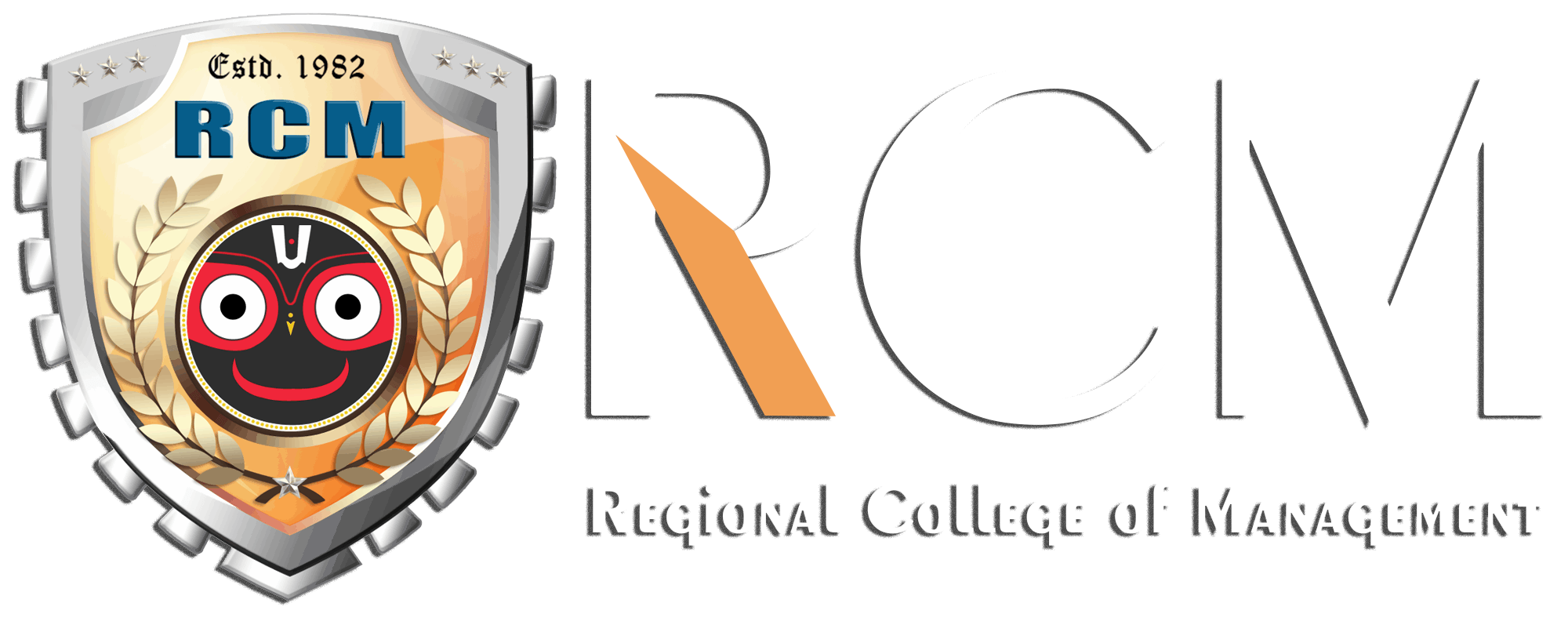With the increasing number of cyber threats, organizations across industries are actively seeking skilled professionals to safeguard their data and networks. If you are considering a career in cyber security, it is crucial to understand the cyber security job qualifications and cyber security requirements needed to land a job in this ever-evolving field.
Understanding Cyber Security Job Requirements
Cyber security roles vary widely depending on the industry and specific job title. However, there are some fundamental cyber security job requirements that most employers look for in potential candidates. These requirements generally include a mix of education, technical skills, certifications, and experience.
Educational Qualifications
Although it is possible to enter the cyber security field without a formal degree, having a relevant educational background significantly improves job prospects. The most common degrees for cyber security professionals include:
- Bachelor’s Degree in Cyber Security
- Bachelor’s Degree in Computer Science or Information Technology
- Bachelor’s Degree in Network Security
- Master’s Degree in Cyber Security (for advanced roles)
- Associate Degree or Certifications (for entry-level positions)
While a degree provides a strong foundation, many employers also value practical experience and industry-recognized certifications.
Cyber Security Requirements: Technical and Soft Skills
Employers expect candidates to possess a blend of technical skills and soft skills to excel in cyber security roles. Here are the key cyber security requirements for most positions:
Technical Skills
- Networking and System Administration – Understanding network architecture, firewalls, and system security.
- Programming Knowledge – Familiarity with languages like Python, Java, C++, and SQL can be beneficial.
- Threat Analysis & Risk Management – Identifying vulnerabilities and implementing security measures.
- Ethical Hacking – Ability to test security systems and find potential loopholes.
- Cryptography – Protecting sensitive information using encryption techniques.
- Incident Response & Digital Forensics – Investigating cyber incidents and preventing future attacks.
- Cloud Security & Virtualization – Securing cloud environments and virtual infrastructures.
- Security Compliance & Regulations – Understanding laws such as GDPR, HIPAA, and ISO standards.
Soft Skills
- Problem-Solving Abilities – Cyber security professionals must think critically to solve security issues.
- Attention to Detail – Small security flaws can have significant consequences.
- Communication Skills – The ability to explain technical security issues to non-technical stakeholders.
- Adaptability – The cyber security field evolves rapidly, requiring professionals to stay updated with the latest threats and solutions.
- Team Collaboration – Many cyber security roles require working alongside IT teams, developers, and executives.
Cyber Security Job Qualifications: Certifications That Matter
Certifications are an essential part of cyber security job qualifications as they validate a candidate’s expertise in various security domains. Here are some of the most valuable certifications:
Entry-Level Certifications
- CompTIA Security+ – A foundational certification covering basic security concepts.
- Certified Ethical Hacker (CEH) – Focuses on ethical hacking and penetration testing.
- GIAC Security Essentials (GSEC) – Covers information security fundamentals.
Intermediate to Advanced Certifications
- Certified Information Systems Security Professional (CISSP) – A highly respected certification for security professionals.
- Certified Information Security Manager (CISM) – Focuses on security management and governance.
- Certified Information Systems Auditor (CISA) – Covers auditing, control, and assurance.
- Offensive Security Certified Professional (OSCP) – A hands-on certification in penetration testing.
- Cisco Certified CyberOps Associate – Provides expertise in security operations and threat management.
Having these certifications can significantly enhance your employability and credibility in the cyber security field.
Cyber Security Job Description: Roles and Responsibilities
The cyber security job description varies depending on the role, but here are some common positions and their responsibilities:
1. Cyber Security Analyst
- Monitoring network security and identifying threats.
- Conducting vulnerability assessments and penetration testing.
- Implementing security policies and best practices.
2. Ethical Hacker / Penetration Tester
- Testing security systems to find vulnerabilities.
- Conducting risk assessments and security audits.
- Providing recommendations for improving security posture.
3. Network Security Engineer
- Designing and implementing secure network architectures.
- Managing firewalls, intrusion detection systems, and VPNs.
- Ensuring compliance with security policies and regulations.
4. Incident Response Analyst
- Investigating and responding to security incidents.
- Conducting digital forensic analysis.
- Developing response plans for future threats.
5. Chief Information Security Officer (CISO)
- Overseeing an organization’s cyber security strategy.
- Managing security teams and risk assessments.
- Ensuring compliance with industry standards.
How to Get a Job in Cyber Security: A Step-by-Step Guide
Many aspiring professionals wonder how to get a job in cyber security. Here is a roadmap to help you land your first cyber security job:
Step 1: Get the Right Education
Start with a degree in cyber security, computer science, or a related field. If a degree isn’t an option, certifications and self-learning can help you get started.
Step 2: Build Your Technical Skills
Work on networking, programming, ethical hacking, and system security skills. Participate in online courses, labs, and cyber security challenges.
Step 3: Earn Industry Certifications
Certifications like Security+, CEH, or CISSP will boost your resume and demonstrate your expertise.
Step 4: Gain Practical Experience
Internships, bug bounty programs, and hands-on projects will help you develop real-world skills.
Step 5: Network and Connect with Industry Professionals
Join cyber security forums, attend conferences, and participate in online communities to build connections.
Step 6: Apply for Entry-Level Positions
Start with roles like security analyst, IT support specialist, or network administrator to gain experience before moving into more specialized roles.
Step 7: Stay Updated with Emerging Trends
Cyber security is an ever-evolving field, so continuous learning is essential to staying ahead in the industry.
Conclusion
Pursuing a career in cyber security requires meeting specific cyber security job qualifications, including education, certifications, and technical skills. Understanding the cyber security job requirements will help you prepare for various roles in the field. Additionally, obtaining relevant certifications and gaining hands-on experience will enhance your career prospects.
The cyber security job description varies across different roles, from cyber security analysts to penetration testers, network security engineers, and CISOs. If you are wondering how to get a job in cyber security, following the steps outlined in this guide will set you on the right path. By continuously learning and adapting to new challenges, you can build a successful and rewarding career in cyber security.




























